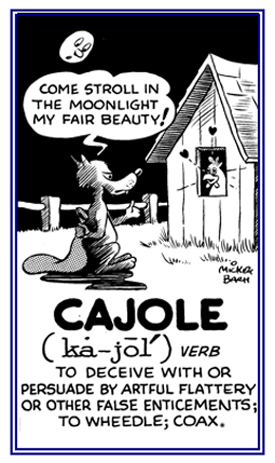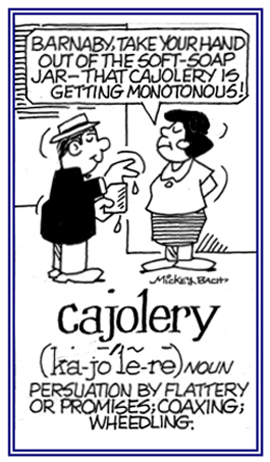cav-, cavo-, cava-, cavi-, cavern-
(Latin: hollow, a hollow place; chasm; prison)
A vascular tumor preponderantly composed of large dilated blood vessels, often containing large amounts of blood, occurring in the skin, subcutaneously, or both, and also in many viscera, particularly the liver, spleen, pancreas, and sometimes the brain.
Most are present in early life but they are usually not present at birth. The typical superficial lesions are bright to dark red in color; deep lesions have a blue color.
2. A description of a lens with two faces that are concave
It has a slightly different origin, insertion and function in males and females. In males, it covers the bulb of the penis; while in females, it covers the vestibular bulb.
2. A barred room or fenced enclosure for confining prisoners.
3. An enclosing openwork structure which is placed as a protective cage over a sapling, or a bank teller's cage.
4. A skeletal support, as for a building; a framework.
5. An elevator car.
6. The net that is the goal in ice hockey.
7. Something that restricts freedom; such as, a cage which restricts movement.
8. A movable screen placed behind home base in baseball to catch balls during batting practice.
9. Etymology: From about 1225, from Old French cage; which came from Latin cavea, "hollow place, enclosure for animals, coop, hive, stall, dungeon".
2. To urge with gentle and repeated appeals or flattery; to influence: Werner liked Nicole a whole lot and wanted to cajole her into going to the movie with him that evening.
3. Etymology: French cajoler (originally, "to chatter like a jay in a cage"), an alteration of gaioler (used in the 16th century), from Picard (from Picardy in northern France) gaiole, "cage", from Late Latin caveola, "cage"; diminutive of Latin cavea, "cage".


Go to this Word A Day Revisited Index
so you can see more of Mickey Bach's cartoons.
2. Someone who obtains something from another person with gentle persuasion.
2. A strong encouragement to do something by inducing or coaxing: Janet wanted her daughter to take part in the recital because she played piano so well, and finally her cajolery, urging, and sincere praise worked!
3. An endeavor that influences a person to do something by smooth or beguiling words or acts: The cajolery that Greg used to entice or to persuade his mother to let him invite all 30 students in his class to his party was not successful and his mother told him he could only invite his best friends, not everybody!


Go to this Word A Day Revisited Index
so you can see more of Mickey Bach's cartoons.
2. A geological formation consisting of an underground enclosure with access from the surface of the ground or from the sea.
3. A storage cellar; especially, for wine.
4. When used as a verb, "to cave" means "to explore natural caves".
A naturally occurring underground hollow or passage; especially, one with an opening to the surface of the earth. Caves can form through a variety of processes, including the dissolution of limestone by flowing water, the differential cooling of volcanic magma (which occurs when the outside surface of the lava cools, but the inside continues to flow downwards, forming a hollow tube), or the action of wind and waves along a rocky coast.
2. Someone who lived in a cave; especially, a prehistoric human of the Paleolithic period.
3. Informal usage refers to a man who is crude or brutal, especially toward women.
2. A person who walks and climbs in caves as a sport or hobby.
Related "cave, cavern" word sources: speleo-; spelunc-, spelunk-; stalac-, stalag-; troglo--.

